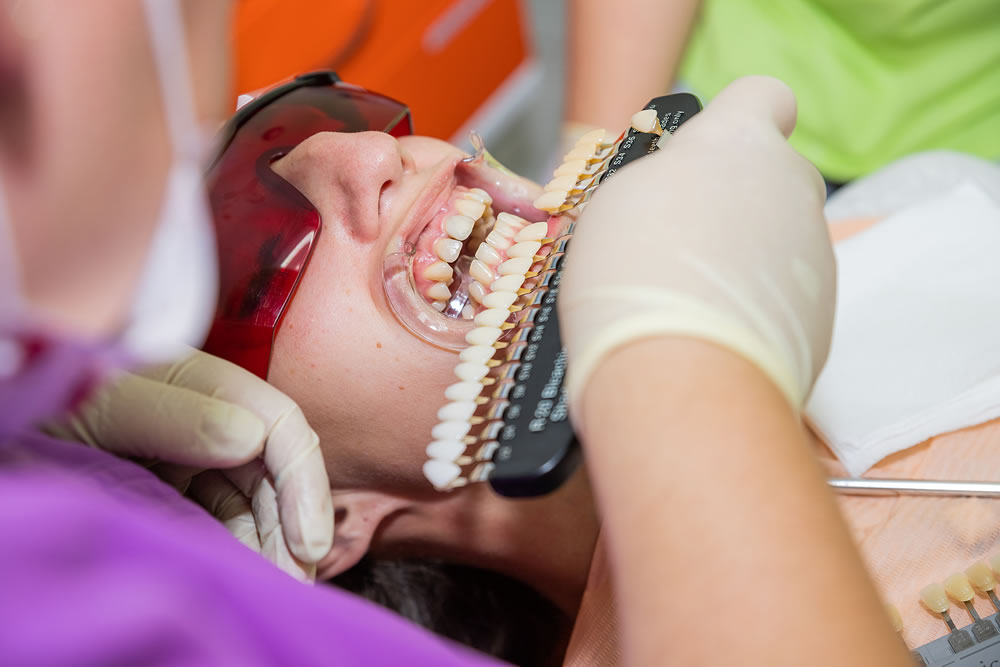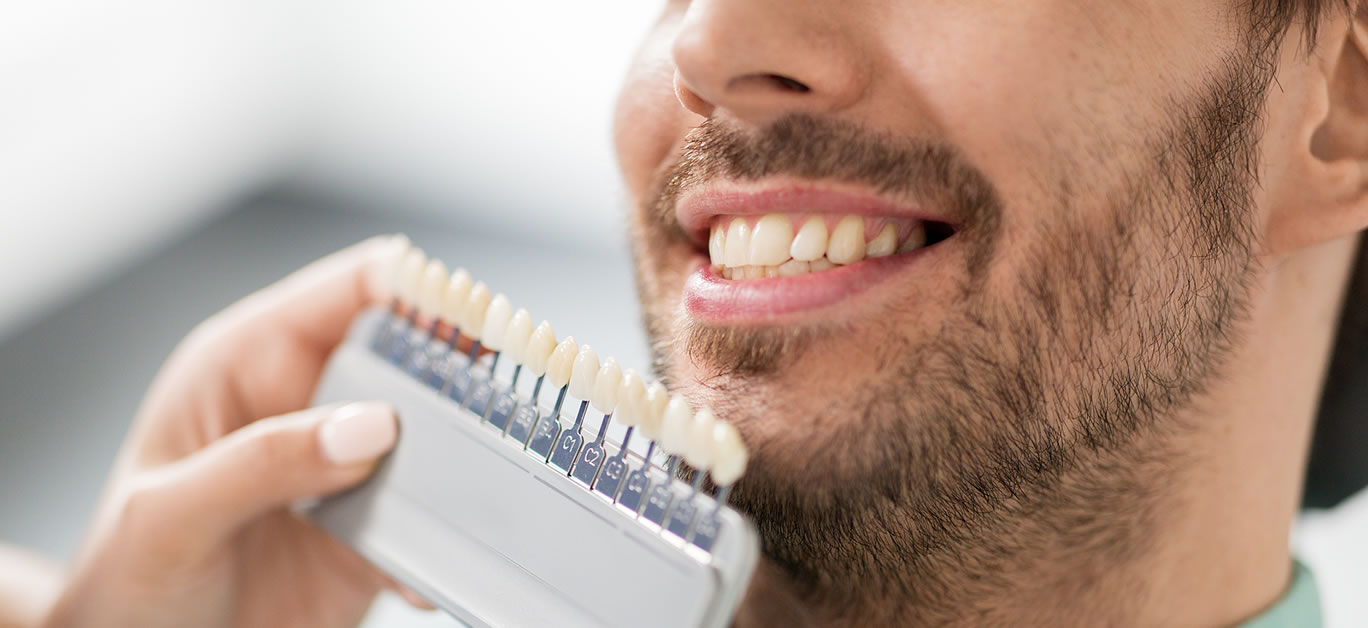The pursuit of the perfect smile is something many of us can relate to, and splashing out on extravagant whitening treatments and other cosmetic dental procedures is now seen as a necessary expense for many of us. Over the past decade or so, we’ve seen a growing number of celebrities showcasing their perfect sets of pearly whites, and few of them have achieved that Hollywood smile without a little extra help from the experts.
Dental veneers have quickly become one of the most popular and highly sought-after treatments of them all, giving patients the chance to all but start again from scratch with designing the smile of their dreams. An effective choice for remedying everything from overcrowding to discolouration, it’s an involved process that allows you to choose exactly how you want your new teeth to look, right down to the shape, size and shade – so it’s perhaps little wonder that some of the biggest A-listers and influencers are fans.
The numbers of those booking in for dental veneers with Dr. Patel, a highly sought-after cosmetic dentist based in Austin, Texas, is at an all time high, and with many other esteemed professionals within the field reporting a similar surge in interest, it seems our interest in this innovative treatment knows no bounds.

With smile transformations flooding social media seemingly by the day, if you’ve been considering taking the plunge yourself then you’re not alone. But how do you know if you’re a good fit for the treatment, and what exactly does it involve? Here, we dive into all you need to know about porcelain veneers and how you can finally get that A-lister smile you’ve been coveting, once and for all.
The right fit for the job
Porcelain veneers can help to resolve a wide range of different dental issues, and are a good choice for those dealing with unwanted gaps or misalignment as well as issues with the shape, size and colour of their teeth. The perfect smile is generally a uniform one, which means evenness is key – so if you have a fairly straight set of teeth but need a little help with achieving a straight and consistent look then veneers are a great choice.
Although misalignments can be solved through orthodontic treatments, which are less invasive, porcelain veneer treatment is a great option for more complex cases and are still fairly non-invasive, too. Unfortunately, porcelain veneers aren’t the right solution for everyone, so if you have severely decayed teeth or active gum disease, then you likely won’t be a candidate. The same applies for those with problems with teeth grinding, as this will likely result in chipping of your veneers once applied.

A lifelong commitment
Veneers aren’t a temporary treatment, and require a big commitment, so you’ll want to take the time to fully consider the different options available to you before you go all in. Once you have had your veneers made and applied, you’ll also need to be willing to adhere to some strict dental hygiene guidelines to avoid any complications – with brushing and flossing twice daily and avoiding chewing on any foreign objects essential to keep your veneers in great condition, just as you would with your own natural teeth.
Some patients may also need to wear a nightguard to protect their veneers while they sleep, so be sure to book in a consultation to chat through the procedure and the aftercare requirements to make sure you know what you’re getting yourself into.
Getting your veneers
So, what does getting dental veneers actually entail? Once you’ve had your consultation, your dentist will take a scan of your teeth to assess the current issues you’re dealing with, and discuss exactly what you’re hoping to resolve with you, as well as taking a mould of your teeth to be sent off to a lab where your prosthetics will be made.
You’ll be able to talk through the shape, size and colour of your veneers and find out what’s realistically possible, before your dentist goes on to create a digital smile using state-of-the-art technology in order to simulate what the final result will look like. Once you’ve received your preview, you’ll have another chance to discuss any concerns with your dentist.

A veneer is a thin moulding that is custom made and then fitted over the front of your natural teeth. If you only need to have one or two porcelain veneers made to achieve your desired result, then these will be seamlessly matched to the size, shape and colour of your natural teeth, whereas if you’re opting for a full set then there is more scope for an entirely new look.
To prepare your teeth for your new porcelain veneers, your dentist will trim back a small amount of enamel to make room for them to be fitted. After that, your veneers will be carefully placed into your mouth and then left to harden, permanently adhering the veneers to the front of your teeth.
The follow-up
Once you’re done, you can expect to attend a follow-up visit a week or two later to ensure your veneers are still intact and are looking and feeling as expected. After that, you’re free to head off and enjoy showing off our sparkling new smile – just don’t forget the bi-annual check-ups to ensure your new teeth are kept in check.






















